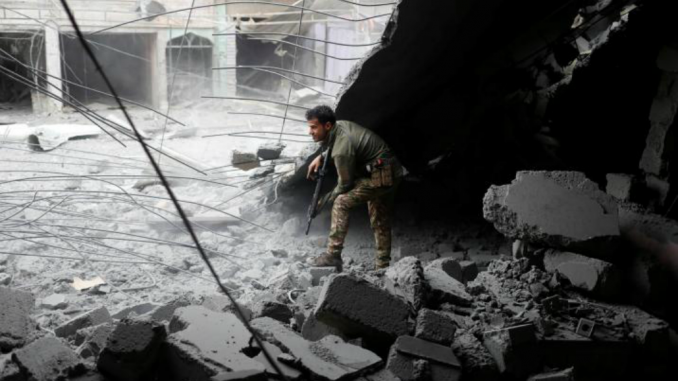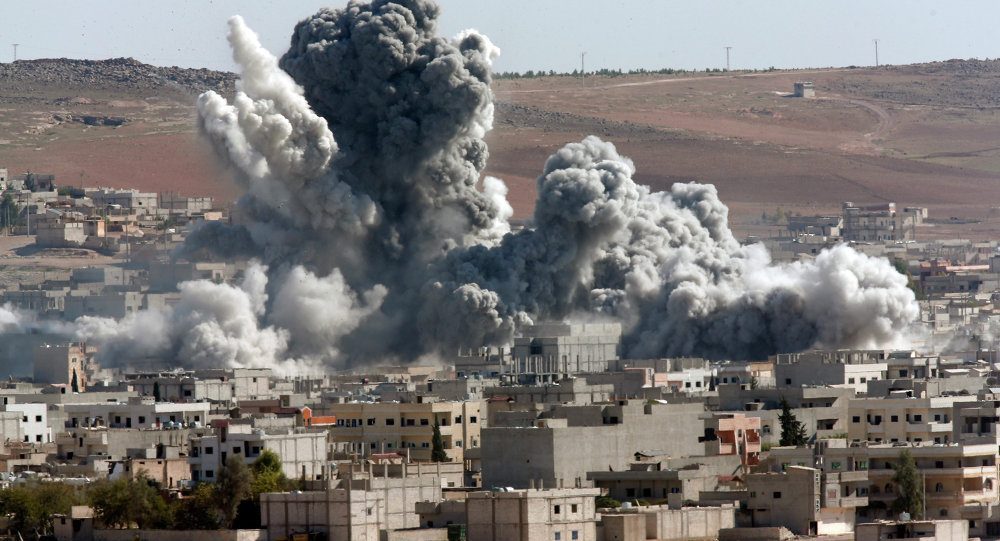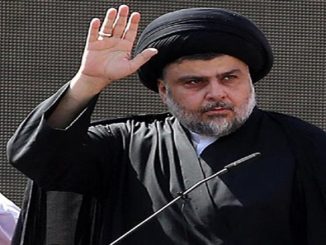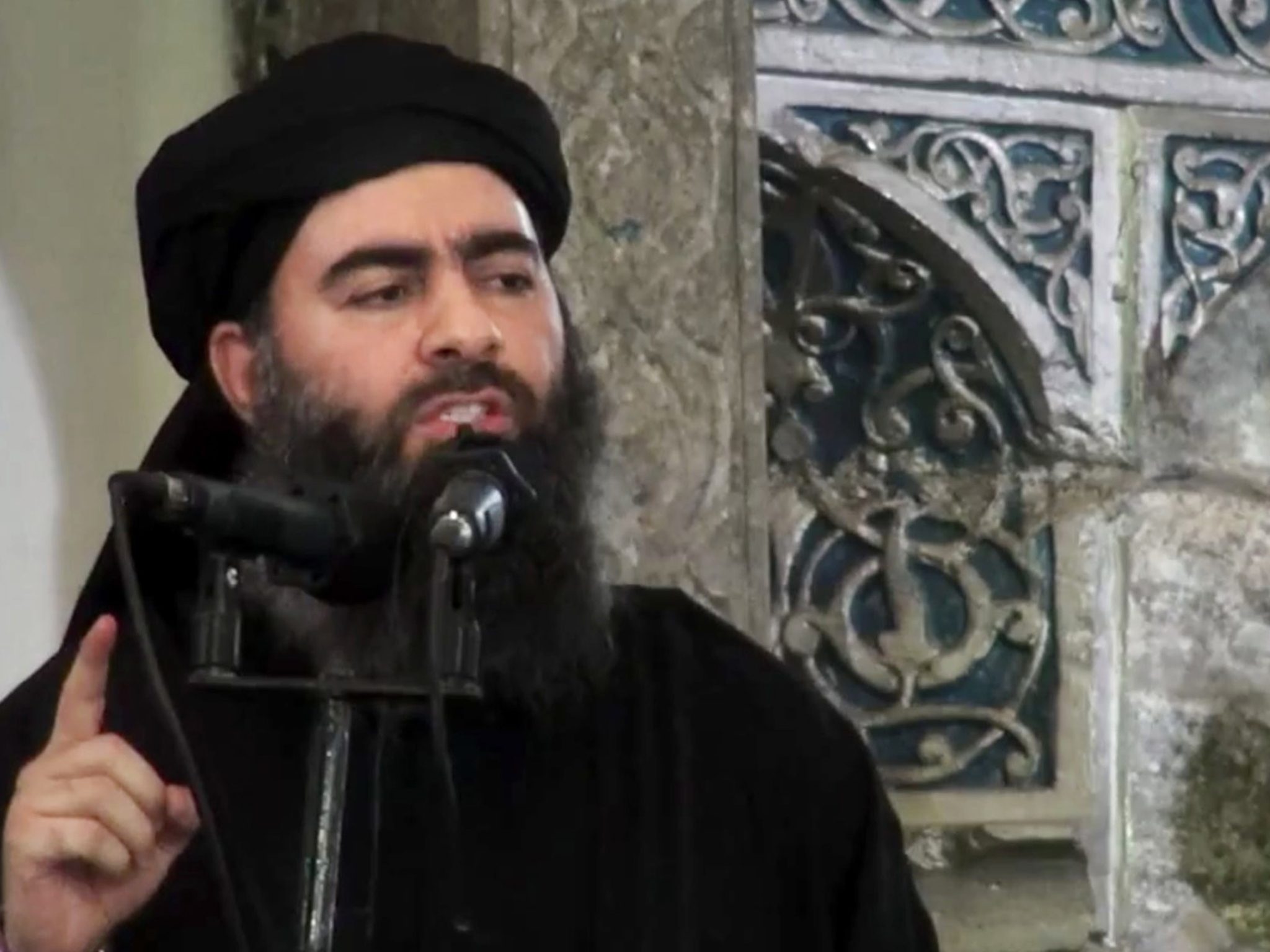
The US-backed Iraqi forces launched a new attack on Islamic State in Mosul’s Old City on Sunday, military officials said, trying to break the militants’ fierce resistance, amid allegations of chemical weapons usage in the battle.
At the height of its power two years ago, Islamic State ruled over millions of people in territory running from northern Syria through towns and villages along the Tigris and Euphrates river valleys to the outskirts of Baghdad in Iraq.
However, ISIS’s territory is shrinking rapidly since last year as the US-led coalition, the Turkish-backed forces, and the Russian-backed Assad regime forces have fierce fights against its forces in both Syria and Iraq.
The United States is providing air and ground support to Iraqi and Kurdish forces trying to dislodge the hardline group from Mosul.
Iraqi forces captured the eastern side of Mosul in January after 100 days of fighting and launched their attack on the districts that lie west of the Tigris river on Feb. 19.
Islamic State militants retreated across the Tigris river to western districts of Mosul, where they are using mortars, sniper fire, booby traps and suicide car bombs to fight the offensive carried out by a 100,000-strong force made up of Iraqi armed forces, regional Kurdish peshmerga fighters, and Iranian-trained Shi’ite paramilitary groups.
This battle had a grave effect on the civilians in Mosul, as more than 320,000 civilians have been displaced since the military operations started, and were accommodated in refugee camps that are crumbling by the newcomers and lack the basic living conditions.
Slow advance
Iraqi forces and the US-led coalition supporting them “are nearing the end of the operation to recapture Mosul,” said Patrick Martin, Iraq analyst at the Institute for the Study of War.
But “the final neighborhoods will be the most difficult to recapture, especially the Old City and the remaining neighborhoods in northwestern Mosul,” Martin said.
The advance has hardly moved for more than a month, though, as the militants are holding out in the densely populated Old City in western Mosul, where tanks and heavy vehicles are not able to operate because of its narrow streets.
Progress in the Old City — a warren of closely-spaced buildings and narrow streets where hundreds of thousands of civilians are thought to reside — has been difficult and slow.
“You cannot get vehicles in there, so it’s gotta be a dismounted operation,” Brigadier General Rick Uribe, a senior coalition commander, said of the Old City.
That “makes it very difficult for any offensive maneuver in there, but it makes it very easy to defend,” Uribe said.
“Sometimes, 50 meters is a great day,” he said of the Iraqi advance.
Iraq’s federal police moved forces 200 meters deeper into the Old City, getting closer to al-Nuri mosque, a statement said.
The mosque is highly symbolic because it was there that Islamic State leader Abu Bakr al-Baghdadi declared himself head of a self-proclaimed caliphate.
Troops have had the centuries-old mosque with its leaning minaret in their sights since last month.
A captain in the federal police said Sunday’s advance had started in the early morning with troops fighting the militants house to house.
“ISIS suicide motorcycles now are their favorite weapon inside the Old City,” he said. “We have to watch every single house to avoid attackers on motorcycles packed with explosives.”
Chemical weapons used by ISIS
Iraqi police on Sunday accused Islamic State of using chemical weapons against their forces in Mosul, the second such attack in two days.
The first attack occurred on Saturday. An officer with the anti-terrorism forces said on Saturday that the attack occurred the night before in the al-Abar neighborhood when ISIS fired a rocket loaded with chlorine. He said seven soldiers suffered breathing problems and were treated in a nearby field clinic.
The second attack was made against Iraqi troops on Sunday.
Officers in Iraq’s Federal Police said that Islamic State shelled government forces with chemical weapons agents in the Urouba and Bab Jadid districts on Saturday.
The attack caused only minor wounds, the force said in a statement, without giving more details.
Two army officers say masks and other equipment have been distributed to the forces in case of future gas attacks. They spoke anonymously as they were not authorized to speak to media.
The U.N. said last month that 12 people, including women and children, had been treated for possible exposure to chemical weapons agents in Mosul. But Iraq’s U.N. ambassador, Mohamed Ali Alhakim, said days later there was no evidence for that.
War against ISIS far from over
Losing Mosul would be a major blow to ISIS, but would not mark the end of the war against the jihadists.
“Just because we’re done in Mosul doesn’t mean that Daesh is done in Iraq,” Uribe said, using an Arabic acronym for IS.
“There’s still another significant number of areas within Iraq that will… need to be cleared of Daesh, and… the Iraqi security forces are getting themselves ready for that eventuality — they know that it’s coming,” he said.
“We will not leave any area under the control of the terrorist organization,” Brigadier General Yahya Rasool, the spokesman for Iraq’s Joint Operations Command, said at a recent news conference.
The end of the battle for Mosul will also leave Iraq struggling with thorny political issues including control of recaptured territory in the north that is claimed by both the country’s autonomous Kurdish region and its federal government.
And Iraq will still be contending with the effects of the war — citizens killed, wounded or missing, hundreds of thousands displaced, houses, shops and infrastructure wrecked, children years behind in school — for years to come.



